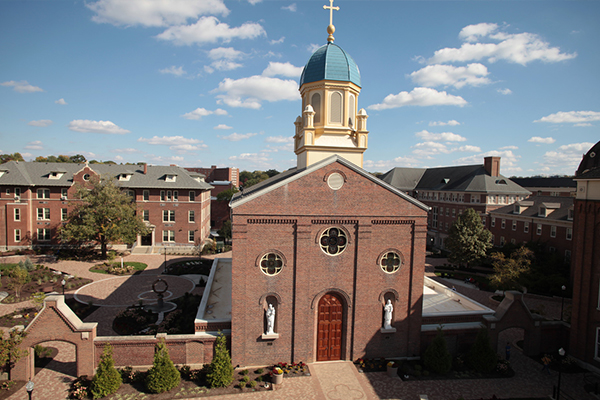Blogs

Entrepreneurship for The Common Good
By Vince Lewis
When we discuss the entrepreneurial process with students, we often discuss what separates successful entrepreneurs from those that don’t achieve what they set out to achieve. The initial step is recognizing opportunity then having the fortitude to take action. For many, the process stops at the initial step. Often the lack of inaction is due to concern about the risk, and the desire to avoid the entrepreneurial risk, but over time an entrepreneur’s confidence is built by understanding the process and how to pull together the resources needed to create a successful endeavor. This is precisely what much of entrepreneurship education is about - helping people understand the things they can do to be more successful when approaching entrepreneurial opportunities.
In general, entrepreneurial skills are mostly leveraged by individuals to create wealth for themselves and their families. But in some cases, these same skills can be leveraged for the common good. The skills required to build and grow a social enterprise or mission-based venture are essentially the same required to build an organization designed to create economic value. No matter what you do, if there is no margin there is no mission. Entrepreneurial skills can be used for economic or community development. Experienced entrepreneurs can leverage the skills they have developed as a means to create entrepreneurial ventures that support themselves and others financially or establish mission-based ventures that address community challenges.
Universities can play a role in the entrepreneurial process, for both for-profit ventures and social enterprises. Perhaps not as an anchor of an ecosystem, but as a catalyst to help connect talented students, knowledgeable faculty, and alumni with entrepreneurs and others in the startup ecosystem. These connections to the start-up ecosystem can help students grow and experience the entrepreneurial process and provide nascent ventures with much needed resources, including interns, mentors, and capital.
This is the hope and vision of two of the Crotty Center’s biggest initiatives - The Hub powered by PNC Bank, and The Greater West Dayton Incubator. Both of these initiatives positions the Crotty Center with the opportunity to contribute as a catalyst in the startup ecosystem. Working side-by-side with Dayton’s Entrepreneurs Center, the Crotty Center is helping to execute on a collective approach in the creation of new resources for local entrepreneurs and social ventures while providing new experiential learning opportunities for UD students.
The Hub powered by PNC is the joint venture between the University of Dayton and Dayton’s Entrepreneurs Center as the anchor tenant in the iconic Dayton Arcade. The Hub is a 100,000 square foot innovation space that includes co-working space for startups and remote workers, sub-lease space for larger tenants, and academic space. With this immersive strategy, UD students will have the opportunity to take classes and learn in a space that is the center of the region’s startup ecosystem. Construction on The Hub has been ongoing since May 2019, and is expected to open in late 2020 or early 2021.
The Greater West Dayton Incubator is the first step in connecting The Hub powered by PNC, and other partners in the startup ecosystem, to Dayton’s neighborhoods. To be physically located in West Dayton, the GWDI extends the reach of the ecosystem and is a big step towards creating a more inclusive startup ecosystem. The GWDI will be focused on supporting underrepresented entrepreneurs and social ventures in West Dayton. That support will include a physical co-working and collaboration space, funding through our micro-loan program and Flyer Pitch Competition, and support from student consulting teams and capstone courses. Opening in early 2022, The Greater West Dayton Incubator puts us on a pathway to creating a more equitable startup ecosystem that supports all entrepreneurs.
The University of Dayton through its partnership with The Entrepreneurs Center is contributing as a catalyst to create a more robust, diverse, and inclusive startup ecosystem. The Hub powered by PNC and The Greater West Dayton Incubator are excellent examples of regional partners utilizing a collective strategy to leverage the entrepreneurial process for the common good.
